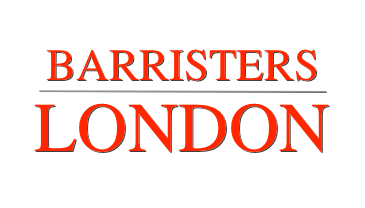Medication Errors
It is important for patient safety that there are standards for the administration of medicines by healthcare professionals.
The Nursing and Midwifery Council, Standards for medicines management (2007) was withdrawn on 28th January 2019. The reason for this was that the NMC considered it ‘not within the NMC’s remit as a regulator to provide this type of clinical practice guidance.’
As a result, In January 2019, The Royal Pharmaceutical Society published guidance, in conjunction with the Royal College of Nursing, endorsed by the Royal College of Midwives, the Royal College of GP’s, the Association of Pharmacy Technicians and Pharmacy Forum, for the administration of medicines:- Professional Guidance on the Administration of Medicines in Healthcare Settings
Along with this guidance are local policies and procedures that all members of the multidisciplinary team should be aware of.
Medicines are administered in accordance with a prescription, Patient Specific Direction Patient Group Direction or other relevant exemption specified in the Human Medicines Regulations 2012 (Schedules 17 and 19, as amended).
Those healthcare professionals who administer medicines are accountable for and responsible for their own actions, failure to act or omissions under their professional Codes. They must be appropriately trained, assessed as competent and meet relevant professional and regulatory standards and guidance.
Before administering medication, the healthcare professional must have an overall understanding of the medicine being administered and must seek advice if unsure, from a prescriber or a pharmacy professional.
The Guidance states that the person administering medication must:
- Identity of the patient
- The prescription or other direction to administer meets legal requirements, is unambiguous and includes where appropriate the name, form (or route of administration), strength, and dose of the medicine to be administered
- That issues around consent have been considered
- Allergies or previous adverse drug reactions noted
- The directions for administration, timing and frequency of administration, route of administration and start and finish dates where appropriate
- any ambiguities or concerns regarding the direction for administration of the medicine are raised with the prescriber or a pharmacy professional without delay
- any calculations needed are double checked where practicable by a second person and uncertainties raised with the prescriber or a pharmacy professional
- The identity of the medicine (or medical gas) and its expiry date (where available)
- That any specific storage requirements have been maintained
- That the dose has not already been administered by someone else (including patient or carers).
A record must be kept of all medicines administered or withheld, as well as those declined using the appropriate annotation. A contemporaneous note must be made of the administration or refusal or as soon as possible afterwards. The record must be clear, legible and auditable. If a drug is withheld or refused the reason why must be noted.
A serious error in the medication administration can cause harm to a patient or even death which can lead to fitness to practise proceedings and possibly criminal charges.
If you are a clinician or professional facing allegations relating to medication errors, contact Barristers.London without obligation and in strict confidence to discuss our legal advice and representation services. Our fees are competitve.
Back to Regulatory and Disciplinary Law Page

Request a
Enquiries
